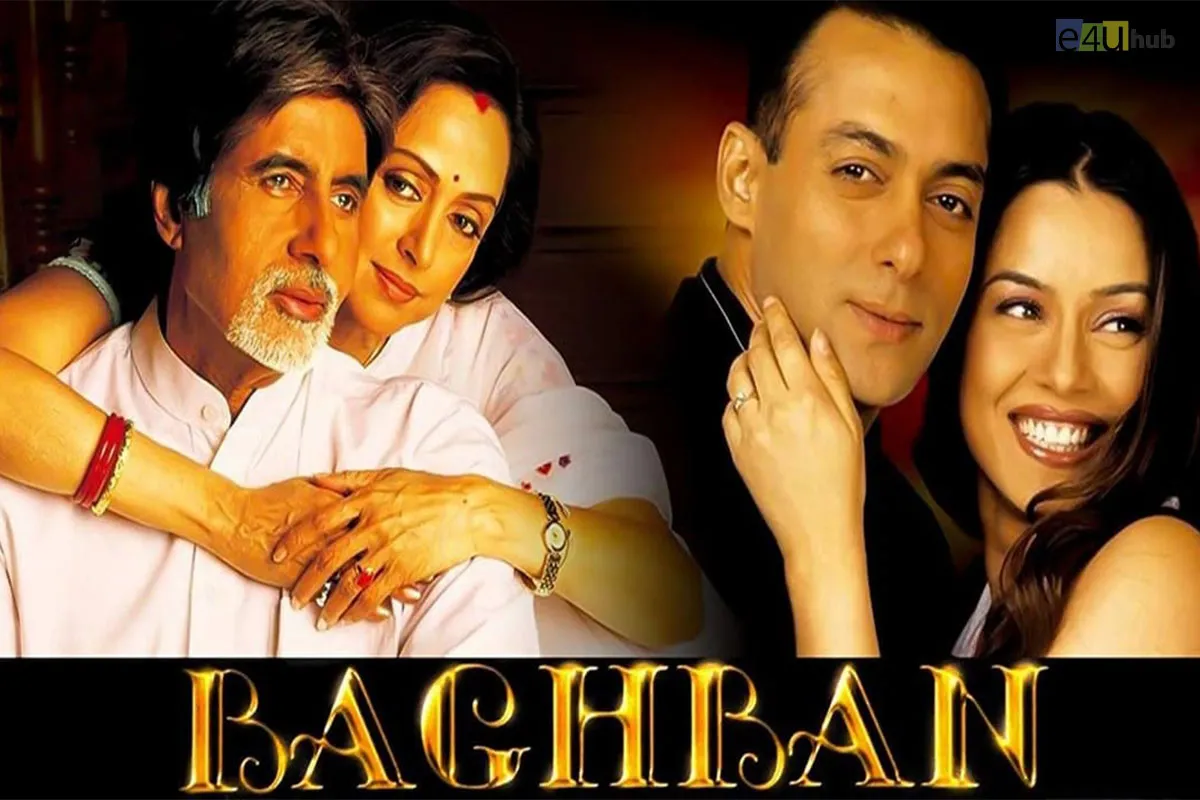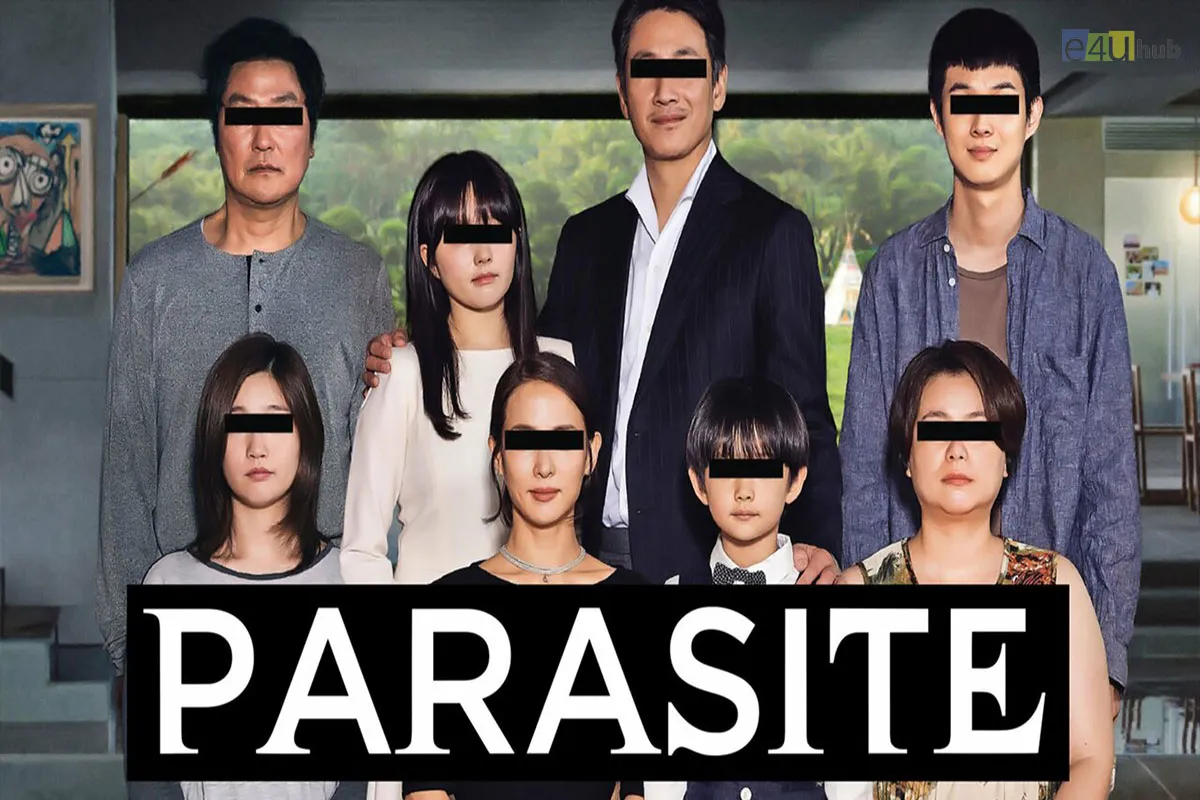
Squid Game: A Phenomenon of Thrills, Social Commentary, and Psychological Depth
- 21 May, 2024
- Entertainment
- 689 Views
- 0 Comments
In the vast landscape of modern entertainment, few shows have captured global attention and sparked intense conversations quite like "Squid Game." This South Korean survival drama, created by Hwang Dong-hyuk, has taken the world by storm, captivating audiences with its gripping storyline, thought-provoking themes, and unforgettable characters. This review delves into what makes "Squid Game" a cultural phenomenon and explores its impact on viewers worldwide.
A Gripping Narrative:
"Squid Game" introduces viewers to a dark and twisted world where desperate individuals participate in deadly children's games to win a staggering cash prize. While seemingly straightforward, the premise quickly evolves into a complex narrative filled with suspense, intrigue, and moral dilemmas. As the characters navigate the brutal challenges set before them, viewers are drawn into a thrilling tale of survival, betrayal, and sacrifice.
Social Commentary:
At its core, "Squid Game" serves as a powerful commentary on societal issues such as income inequality, exploitation, and the human cost of unchecked capitalism. Through its stark portrayal of characters from diverse backgrounds, each facing their struggles and hardships, the show sheds light on the harsh realities faced by marginalized individuals in society. By placing ordinary people in extraordinary circumstances, "Squid Game" forces viewers to confront uncomfortable truths about the world we live in and the lengths people will go to in pursuit of financial security.
Complex Characters:
Central to the success of "Squid Game" are its richly developed characters, each with their motivations, flaws, and moral compasses. From the protagonist, Seong Gi-hun, a down-on-his-luck gambler seeking redemption, to the enigmatic Front Man, the mastermind behind the deadly games, every character is meticulously crafted and multi-dimensional. Their interactions, alliances, and betrayals add layers of depth to the story, keeping viewers on the edge of their seats until the final moments.
Visual Style and Direction:
Visually stunning and meticulously directed, "Squid Game" immerses viewers in its dystopian world through its striking cinematography, vivid set design, and tense pacing. From the neon-lit playgrounds of the games to the claustrophobic interiors of the players' living quarters, every aspect of the show's production contributes to its immersive atmosphere. Director Hwang Dong-hyuk's masterful storytelling and attention to detail ensure that every moment is infused with tension and emotion, leaving a lasting impression on audiences.
Impact and Legacy:
Since its release, "Squid Game" has transcended cultural boundaries to become a global phenomenon, sparking discussions about its themes, characters, and shocking twists. Its impact on popular culture is undeniable, inspiring countless memes, fan theories, and even real-life adaptations of the show's iconic games. Beyond its entertainment value, "Squid Game" has prompted deeper conversations about the human condition, social justice, and the pursuit of happiness in an increasingly unequal world.
In conclusion, "Squid Game" stands as a testament to the power of storytelling to captivate, challenge, and inspire. With its gripping narrative, thought-provoking themes, and unforgettable characters, it has earned its place as a cultural milestone and a defining moment in the history of television. Whether you're a fan of intense psychological dramas or simply seeking a thrilling ride, "Squid Game" delivers on all fronts, leaving a lasting impact that will linger long after the final credits roll.













Leave a Reply